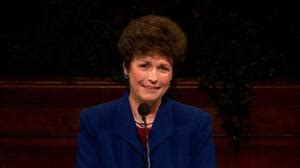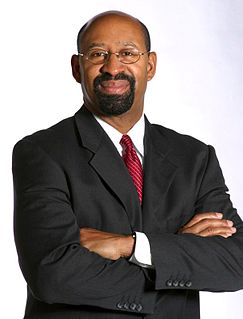A Quote by Alastair Reynolds
Why would you need to expand beyond the solar system if you already have access to all the information you need, and you've essentially insulated yourself against a planetary apocalypse? Maybe that's enough.
Related Quotes
We really just didn't realize the diversity of planetary types in our solar system. Pluto looked like a misfit because it was the only one we saw. And just as a Chihuahua is still a dog, these ice dwarfs are still planetary bodies. They're large enough to make themselves round by self gravity, and they surely pass the test of planethood.
Suffer me never to think that I have knowledge enough to need no teaching, wisdom enough to need no correction, talents enough to need no grace, goodness enough to need no progress, humility enough to need no repentance, devotion enough to need no quickening, strength sufficient without Your spirit; lest, standing still, I fall back for evermore.
I think basic disease care access and basic access to health care is a human right. If we need a constitutional amendment to put it in the Bill of Rights, then that's what we ought to do. Nobody with a conscience would leave the victim of a shark attack to bleed while we figure out whether or not they could pay for care. That tells us that at some level, health care access is a basic human right. Our system should be aligned so that our policies match our morality. Then within that system where everybody has access, we need to incentivize prevention, both for the patient and the provider.
The world has enough women who are tough; we need women who are tender. There are enough women who are coarse; we need women who are kind. There are enough women who are rude; we need women who are refined. We have enough women of fame and fortune; we need more women of faith. We have enough greed; we need more goodness. We have enough vanity; we need more virtue. We have enough popularity; we need more purity.


































